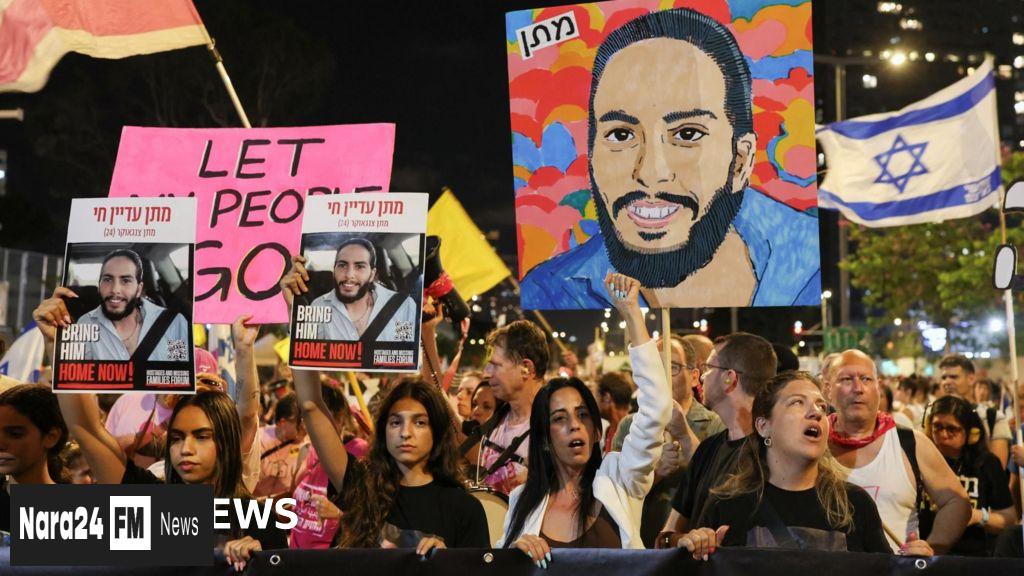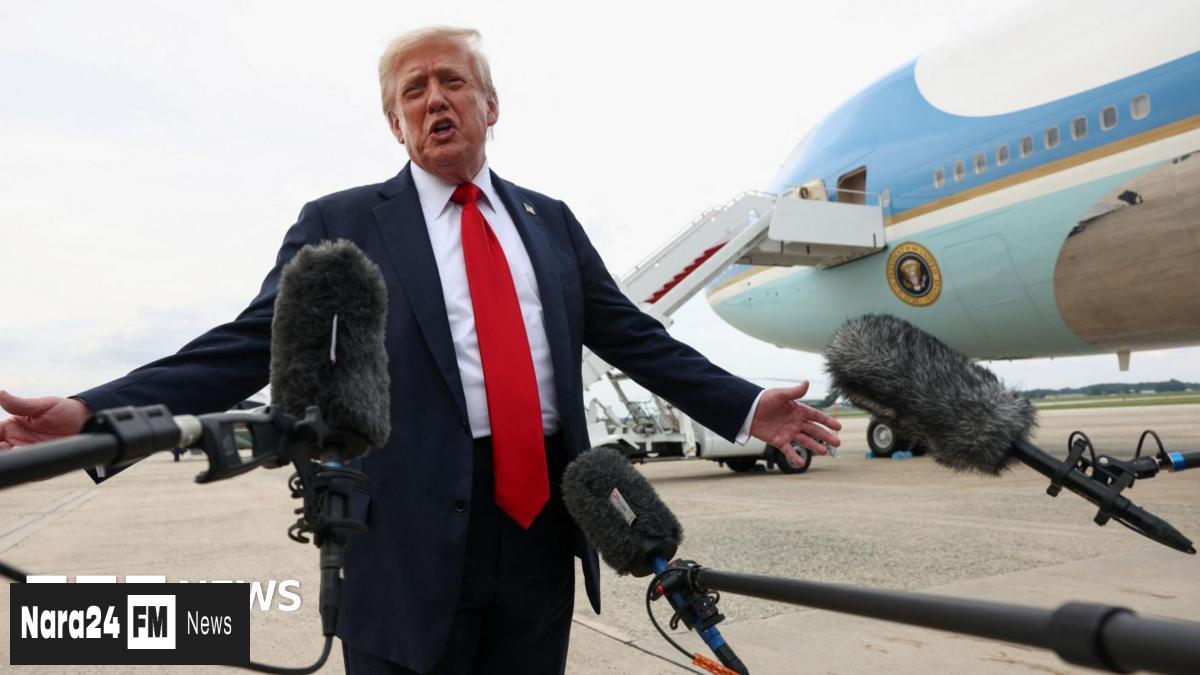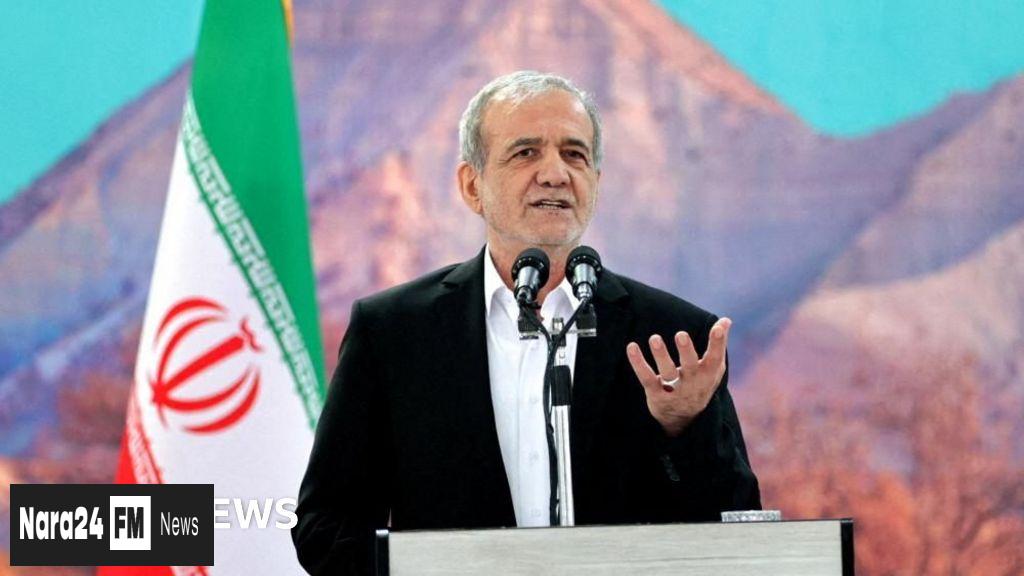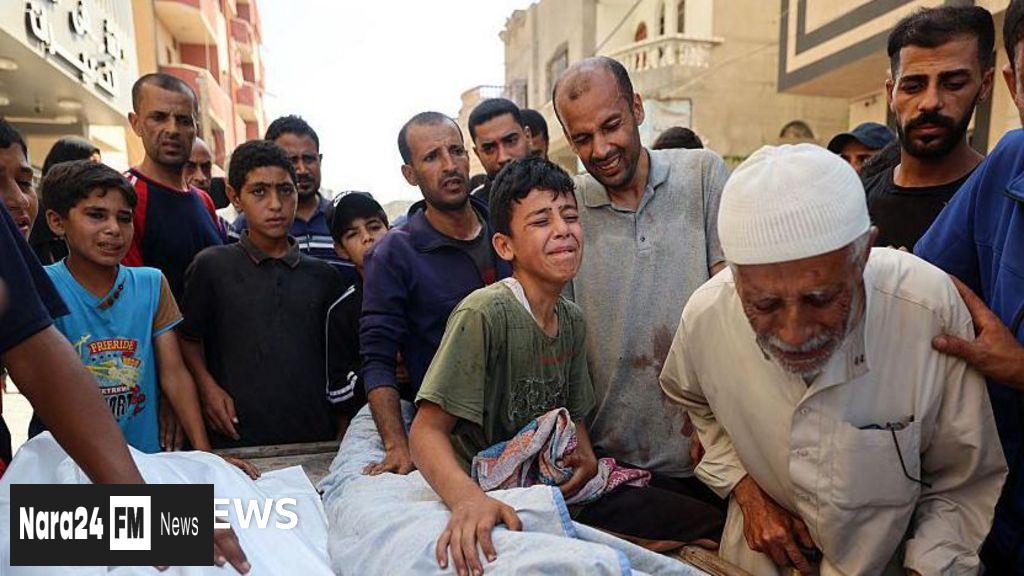In This Article
- Israel's Decision to Attend Gaza Ceasefire Talks
- Ceasefire Proposal and Negotiations
- Hamas' Demands and Reactions
- Escalating Violence in Gaza
- Netanyahu's Position and Political Opposition
- US Involvement and Potential Outcomes
Key Takeaways
- Israel will send a delegation to Qatar for indirect talks with Hamas on a proposed ceasefire and hostage release deal in Gaza.
- Hamas has requested amendments to the ceasefire plan, including guarantees that hostilities will not resume if permanent truce negotiations fail.
- Violence in Gaza continues to escalate, with recent Israeli strikes and gunfire killing at least 35 Palestinians.
- The proposed ceasefire plan includes the release of Israeli hostages and Palestinian prisoners, as well as immediate aid delivery to Gaza under UN supervision.
- Prime Minister Netanyahu has reiterated that Israel will not end the war until all hostages are freed and Hamas' military and governing capabilities are dismantled.
Israel has confirmed it will send a delegation to Qatar on Sunday for indirect talks with Hamas regarding a proposed ceasefire and hostage release deal in Gaza. Prime Minister Benjamin Netanyahu's office announced the decision, despite labeling Hamas' requested changes to the plan as "unacceptable."
The ceasefire proposal, mediated by Qatar, the US, and Egypt, initially sought a 60-day truce. Hamas responded positively to the plan on Friday but requested amendments, including guarantees that hostilities would not resume if permanent truce negotiations failed. A senior Palestinian official revealed that Hamas also demanded an end to the operations of the Gaza Humanitarian Foundation (GHF), an aid organization backed by Israel and the US, insisting that aid distribution be handled exclusively by the UN and its partners.
Meanwhile, violence in Gaza continues to escalate. The Hamas-run Civil Defence agency reported that Israeli strikes and gunfire killed at least 35 Palestinians on Saturday. Among the casualties were a doctor and his three children, who died when their tent in the al-Mawasi area was bombed. Additionally, two American GHF employees were wounded in a grenade attack in Khan Younis, which the Israeli and US governments blamed on Hamas.
Netanyahu's office stated that while Hamas' proposed changes were "unacceptable to Israel," the Prime Minister had decided to proceed with the talks to secure the release of hostages. The negotiating team is set to leave for Qatar on Sunday. An Israeli official earlier suggested there was "something to work with" in Hamas' response, though mediators face significant challenges in bridging the remaining gaps.
The US has been actively involved in the negotiations, with President Donald Trump expressing optimism about a potential deal. Trump, who is scheduled to meet Netanyahu on Monday, emphasized the importance of reaching an agreement. The proposed plan reportedly includes the staggered release of 10 living Israeli hostages and the bodies of 18 others in exchange for Palestinian prisoners held in Israel. It also calls for immediate aid delivery to Gaza under UN supervision.
Netanyahu has reiterated that Israel will not end the war until all hostages are freed and Hamas' military and governing capabilities are dismantled. However, far-right members of his cabinet, including National Security Minister Itamar Ben-Gvir, oppose the deal, advocating instead for a full conquest of Gaza and a halt to humanitarian aid.
As the talks proceed, families of Israeli hostages and Palestinians in Gaza remain hopeful yet anxious. Thousands attended a rally in Tel Aviv on Saturday, urging a comprehensive agreement to bring all hostages home. The outcome of these negotiations could mark a pivotal moment in the ongoing conflict.








Comments (0)
Leave a Comment
Be the first to comment on this article!